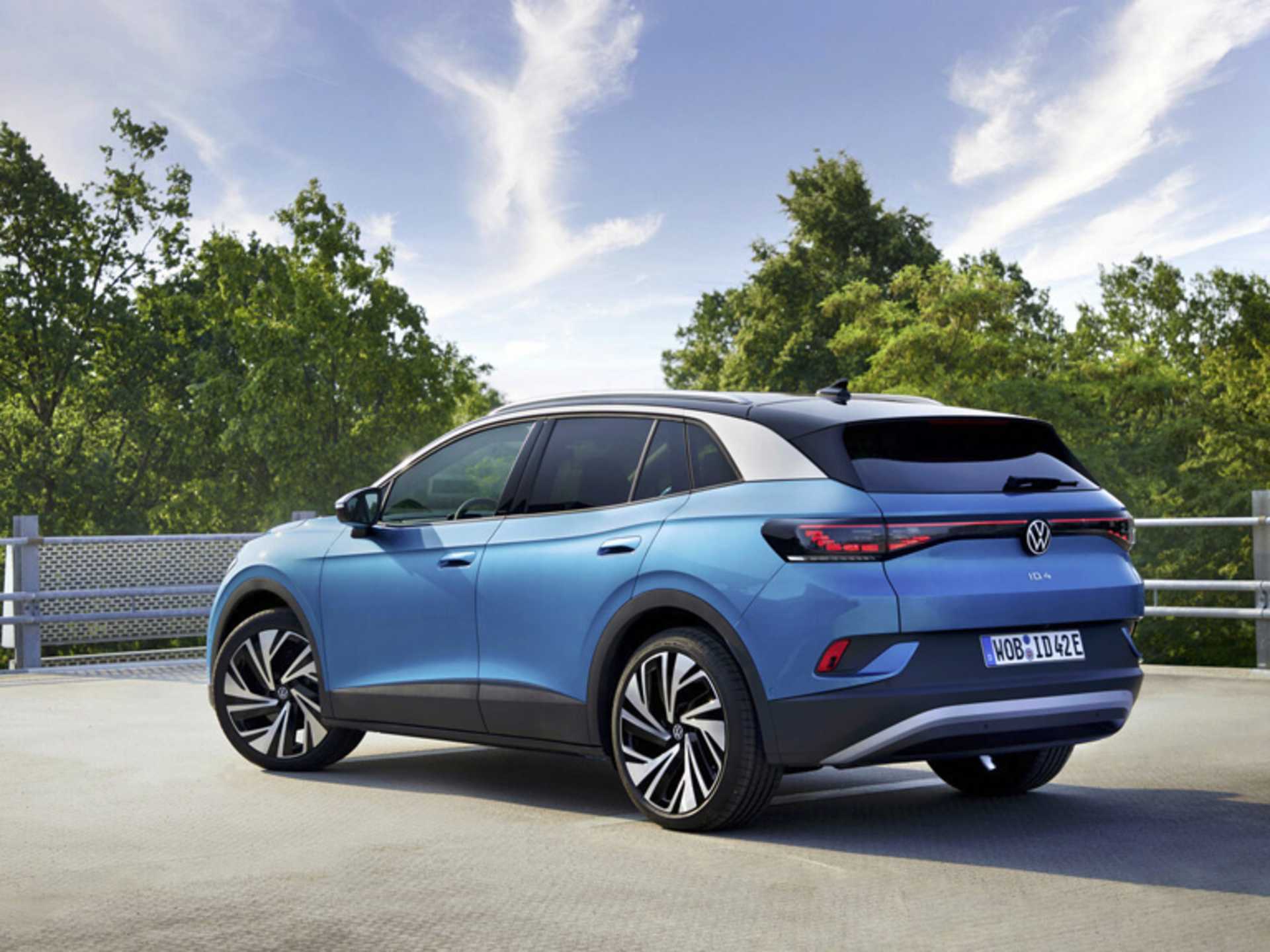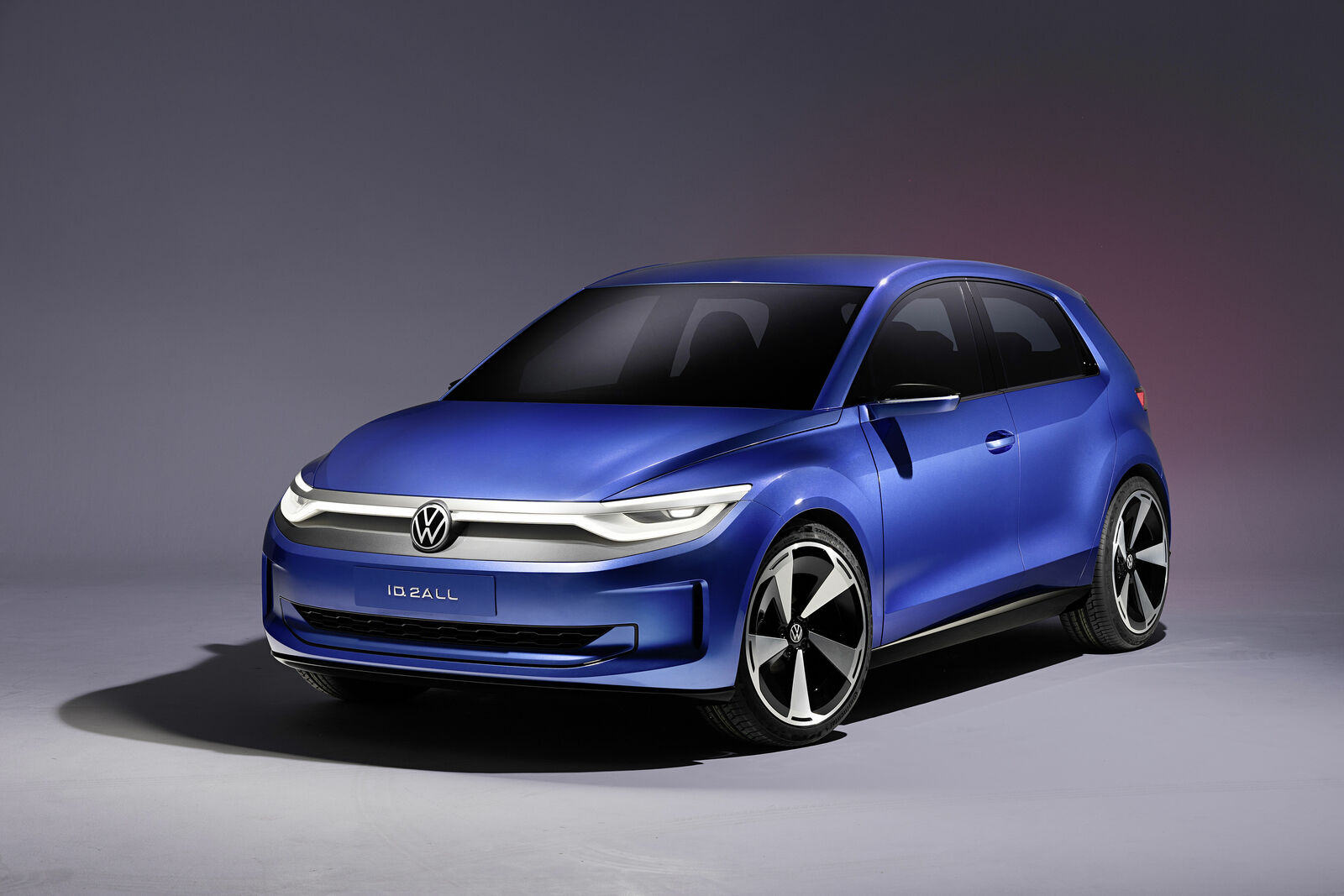The Electric Revolution: Volkswagen’s Charge into the Future
Volkswagen, a name synonymous with the “People’s car,” is undergoing a profound transformation. Once a bastion of internal combustion, the German automotive giant is now firmly committed to an electric future. This ambitious shift, driven by both regulatory pressures and a growing consumer appetite for sustainable transportation, is reshaping Volkswagen’s identity and the broader automotive landscape. This comprehensive exploration delves into the intricacies of Volkswagen’s electric vehicle (EV) strategy, examining its models, technology, challenges, and the road ahead.
The Dieselgate Catalyst
The seeds of Volkswagen’s electric revolution were sown in the aftermath of the 2015 Dieselgate scandal. The revelation of widespread emissions cheating triggered a seismic shift in public perception and regulatory scrutiny, forcing Volkswagen to confront its environmental responsibilities. This crisis became a catalyst for change, accelerating the company’s existing plans for electrification.
The MEB Platform: A Foundation for Electrification

At the heart of Volkswagen’s EV strategy lies the Modular Electric Drive Matrix (MEB) platform. This purpose-built EV architecture provides a flexible and scalable foundation for a wide range of electric models, from compact hatchbacks to spacious SUVs. The MEB platform’s key advantages include:
Optimized Packaging: The flat battery pack and integrated electric drivetrain allow for efficient use of space, maximizing interior room and cargo capacity.
The ID. Family: Leading the Charge
Volkswagen’s ID. family represents the vanguard of its electric offensive. These models, built on the MEB platform, embody the company’s vision for sustainable and accessible mobility.
ID.3: The Electric Hatchback for the Masses
The ID.3, the first model to launch under the ID. banner, is a compact hatchback designed to appeal to a broad audience. It aims to replicate the success of the iconic Golf, but in an electric format.

Design and Interior: The ID.3 features a futuristic design language, characterized by clean lines, a minimalist interior, and a focus on digital connectivity.
ID.4 and ID.5: Electric SUVs for the Global Market
The ID.4 and ID.5, Volkswagen’s electric SUVs, are designed to cater to the growing demand for spacious and versatile vehicles.
ID.4: A traditional SUV with a focus on practicality and comfort.
ID. Buzz: A Nostalgic Nod to the Future
The ID. Buzz, inspired by the iconic Volkswagen Microbus, is a retro-futuristic electric van that evokes a sense of nostalgia while embracing modern technology.
Design: The ID. Buzz’s design pays homage to the classic Microbus, with its boxy silhouette, large windows, and two-tone paint job.
ID.7: Entering the Electric Sedan Segment
The ID.7 represents Volkswagen’s foray into the electric sedan segment, offering a premium and long-range option for discerning customers.
Luxury and Comfort: The ID.7 prioritizes comfort and refinement, with a spacious interior, premium materials, and advanced technology.
Battery Technology: Powering the Electric Future
Battery technology is a critical component of Volkswagen’s EV strategy. The company is investing heavily in research and development to improve battery performance, range, and cost.
Cell Technology: Volkswagen is exploring various cell chemistries, including solid-state batteries, which promise higher energy density and faster charging times.
Charging Infrastructure: Expanding the Network
A robust charging infrastructure is essential for the widespread adoption of EVs. Volkswagen is actively involved in expanding the charging network through partnerships and investments.
Ionity: Volkswagen is a founding member of Ionity, a joint venture that is building a high-power charging network across Europe.
Software and Connectivity: The Digital Driving Experience
Software and connectivity are becoming increasingly important in the automotive industry. Volkswagen is developing its own software platform, VW.OS, to provide a seamless and intuitive digital driving experience.
Over-the-Air Updates: VW.OS enables over-the-air software updates, allowing Volkswagen to continuously improve its EVs and add new features.
Supply Chain Constraints: Securing Critical Components
The global semiconductor shortage and other supply chain disruptions have posed challenges for Volkswagen’s EV production. Securing a reliable supply of critical components is essential for the company to meet its ambitious production targets.
Competition: The Evolving EV Landscape
The EV market is becoming increasingly competitive, with established automakers and new entrants vying for market share. Volkswagen must continue to innovate and differentiate its EVs to maintain its competitive edge.
Affordability: Making EVs Accessible to All
The cost of EVs remains a barrier to widespread adoption. Volkswagen is working to reduce the cost of its EVs through economies of scale, technological advancements, and government incentives.
Public Perception: Addressing Range Anxiety and Charging Concerns
Range anxiety and charging concerns are still prevalent among potential EV buyers. Volkswagen must continue to educate consumers about the benefits of EVs and address their concerns.
Opportunities: The Untapped Potential of Electrification
Despite the challenges, the EV market presents significant opportunities for Volkswagen. The company’s strong brand, established manufacturing capabilities, and commitment to innovation position it for success in the electric era.
Growing Demand: The demand for EVs is expected to continue to grow in the coming years, driven by environmental concerns, government incentives, and technological advancements.
Volkswagen’s electric transformation is not merely a product strategy; it is a fundamental shift in the company’s identity and vision. The company is committed to becoming a leader in sustainable mobility, and its EVs are at the forefront of this transformation.
Carbon Neutrality: Volkswagen has set ambitious targets for reducing its carbon footprint, with the goal of achieving carbon neutrality by 2050.
Volkswagen’s journey into the electric future is a testament to its resilience, innovation, and commitment to change. As the automotive industry undergoes a profound transformation, Volkswagen’s electric vision is poised to reshape the landscape of mobility for generations to come.



